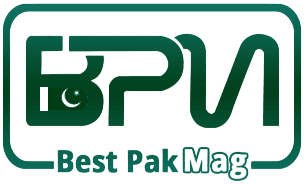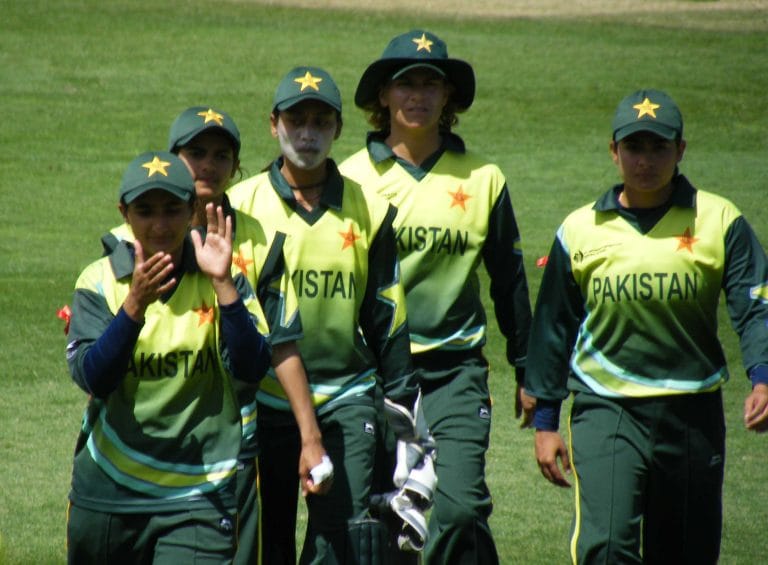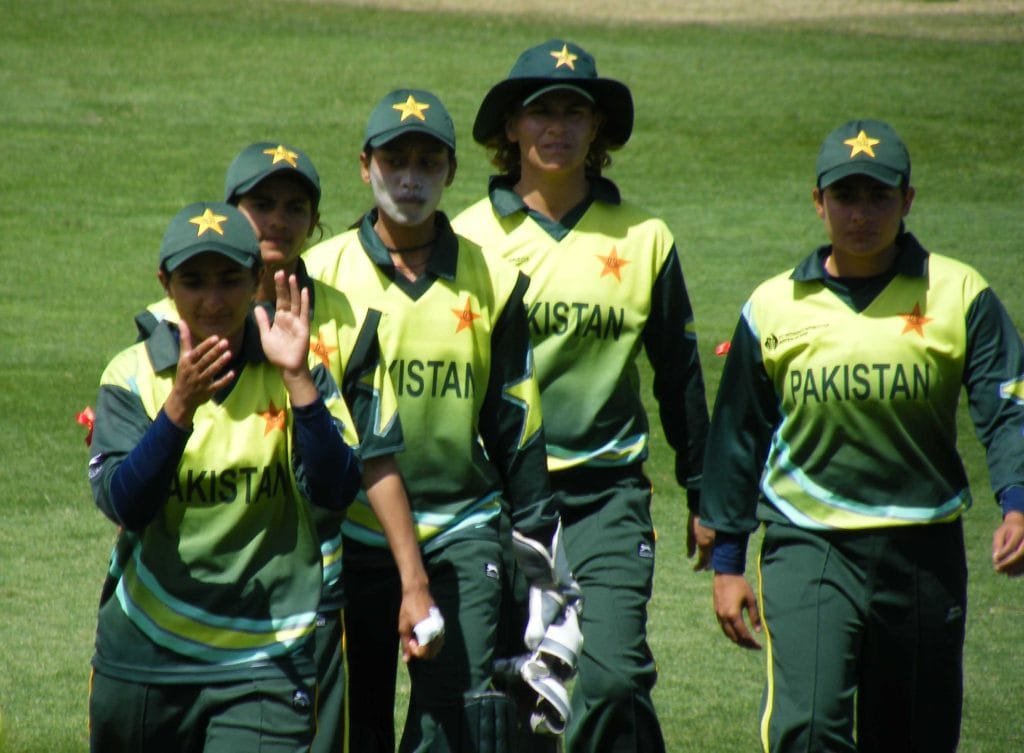Coffee Culture in Pakistan: A Brewing Opportunity Held Back by Policy
Coffee culture is quietly taking root in Pakistan, driven by a young, urban population seeking modern alternatives to traditional beverages. Cafés are booming, baristas are in demand, and coffee is increasingly becoming part of daily routines in cities like Karachi, Lahore, and Islamabad. However, despite this growing enthusiasm, Pakistan’s coffee sector remains underdeveloped — largely due to outdated policy frameworks and steep import duties.
The Policy Barrier: SRO 840(I) and Tariff Disparities
At the heart of the issue is SRO 840(I), introduced in June 2021, which imposes heavy duties on coffee imports. While bulk instant coffee — a basic product — faces a 28% duty, finished coffee products are taxed between 42% to 53%. In contrast, tea imports are taxed at just 13%, despite being a colonial-era staple that already enjoys widespread support and subsidies.
This uneven playing field makes coffee expensive for the average consumer and discourages new investment in local manufacturing or assembly. Ironically, the bulk instant coffee currently taxed is not a luxury; it’s a mass-market product that could be made accessible to students, professionals, and urban youth — the very demographic driving this shift.
Unlocking Potential: A Policy Realignment
Policymakers must recognize that coffee is no longer a niche or elite product. Eliminating the Regulatory Duty (RD) and Additional Customs Duty (ACD) on bulk instant coffee would reduce retail prices, boost business confidence, and attract investment into processing and packaging units within Pakistan.
This shift aligns with:
Pakistan’s National Tariff Policy (2019–2024)
IMF recommendations for rationalized tariffs
The government’s broader goal of import substitution and industrial growth
Local Production: A Viable Opportunity
Beyond imports, Pakistan has untapped potential for growing coffee domestically. The Pothohar region — covering parts of Rawalpindi and Islamabad — has the right soil, elevation, and climate for coffee cultivation. Initial pilot projects and agribusiness interest show promise, especially as global supply chains face disruptions due to climate change in Brazil, Vietnam, and other major exporters.
Encouraging local cultivation and processing could create thousands of jobs, reduce reliance on smuggled or grey-market products, and contribute to the formal economy.
The Youth Market: A Demographic Advantage
With nearly 65% of the population under the age of 30, the demand for coffee is set to rise. This young audience is trend-driven, health-conscious, and digitally connected — a perfect market for innovative coffee products, café experiences, and branded retail.
A reformed policy could:
Help replace smuggled coffee with legal, high-quality options
Stimulate domestic entrepreneurship in packaging and branding
Attract international partnerships and FDI in the beverage sector
Conclusion: A Call to Action
Lowering tariffs on bulk instant coffee is not just about market access — it’s about shaping a new consumer economy. Pakistan has the land, the labor, and the demand to build a homegrown coffee industry. But it needs forward-thinking policy to make it happen.
If Pakistan wants to join the $381 billion global coffee market by 2034, it must start by supporting the businesses and consumers driving this quiet revolution. It’s time to brew a better future — one cup at a time.
















